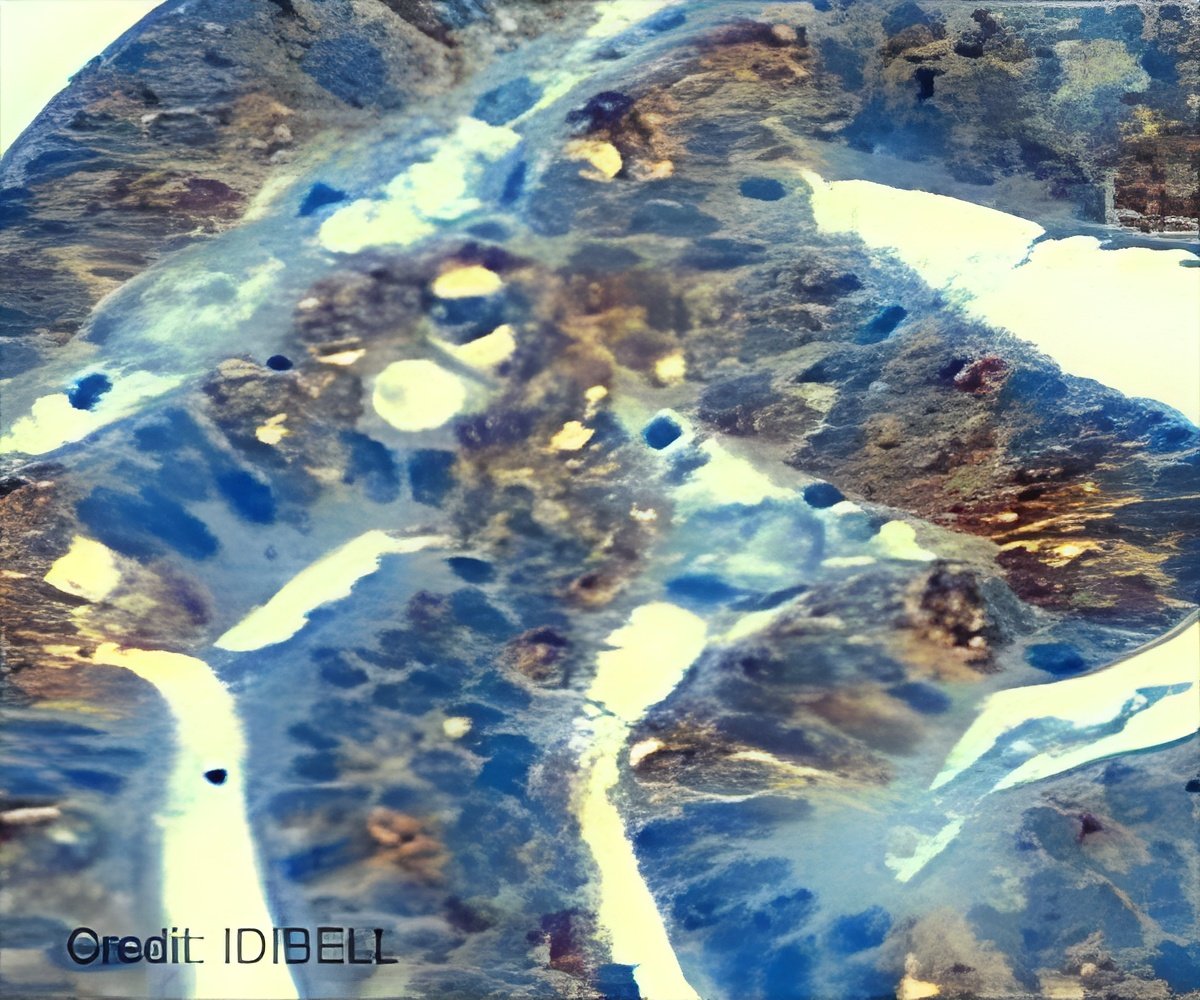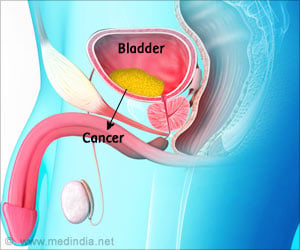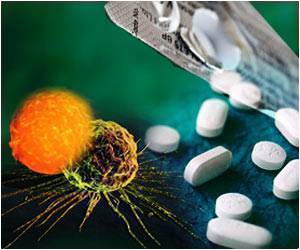The loss of a molecule called TP53TG1 could be the reason for multiple drug resistance in chemotherapy.

- Chemotherapy is the use of medicines or drugs to treat cancer.
- Main problem of chemotherapy is the emergence of resistance against anti-tumor drugs.
- This is due to the loss of a molecule called TP53TG1, whose function in healthy cells is to prevent activation of YBX1 protein.
- In the absence of TP53TG1, the YBX1 protein causes activation of hundreds of oncogenes that triggers chemo-resistance.
Chemotherapy (chemo) usually refers to the use of medicines or drugs to treat cancer. chemo can kill cancer cells that have spread (metastasized) to parts of the body far away from the original (primary) tumor.
The three main goals of chemotherapy are cure, control and palliation.
The introduction of cancer chemotherapy was a revolution for the treatment of this disease in those cases in which the cure is no longer possible only with the mere extirpation of the tumor.
Chemotherapy has been shown to be effective in a wide range of patients, but one of its main problems is the emergence of resistance against the anti-tumor drug used.
"We have found that 10% of colon and stomach tumors present the loss of a molecule called TP53TG1, whose function in healthy cells is to prevent activation of YBX1 protein.” says Dr. Manel Esteller.
The spectrum of resistances induced by this mechanism is extensive and includes not only drugs commonly used in the treatment of these cancers, such as as 5-fluorouracil, oxyplatinum or irinotecan, but also drugs targeting recent molecular targets such as kinase inhibitors.
The next step would be to study if there is any drug that escapes this mechanism of multiple chemoresistance and also to explore whether restoring the activity of the molecule TP53TG1 would help in regaining the sensitivity of these tumors to the drugs analyzed, which would represent a clinical benefit for these patients.
References
- Chemotherapy - (http://www.cancer.org/treatment/treatmentsandsideeffects/treatmenttypes/chemotherapy/chemotherapy-landing)















